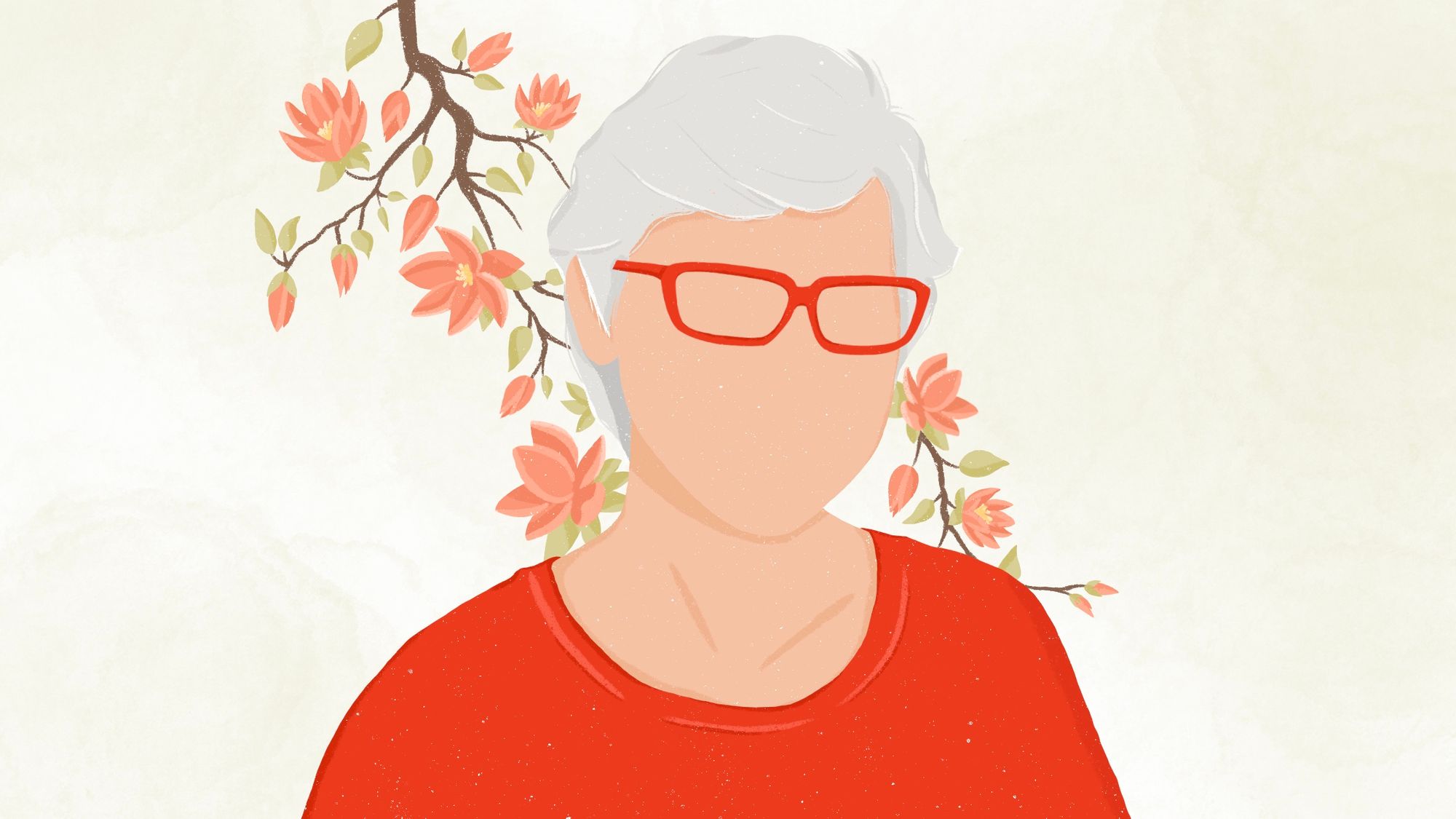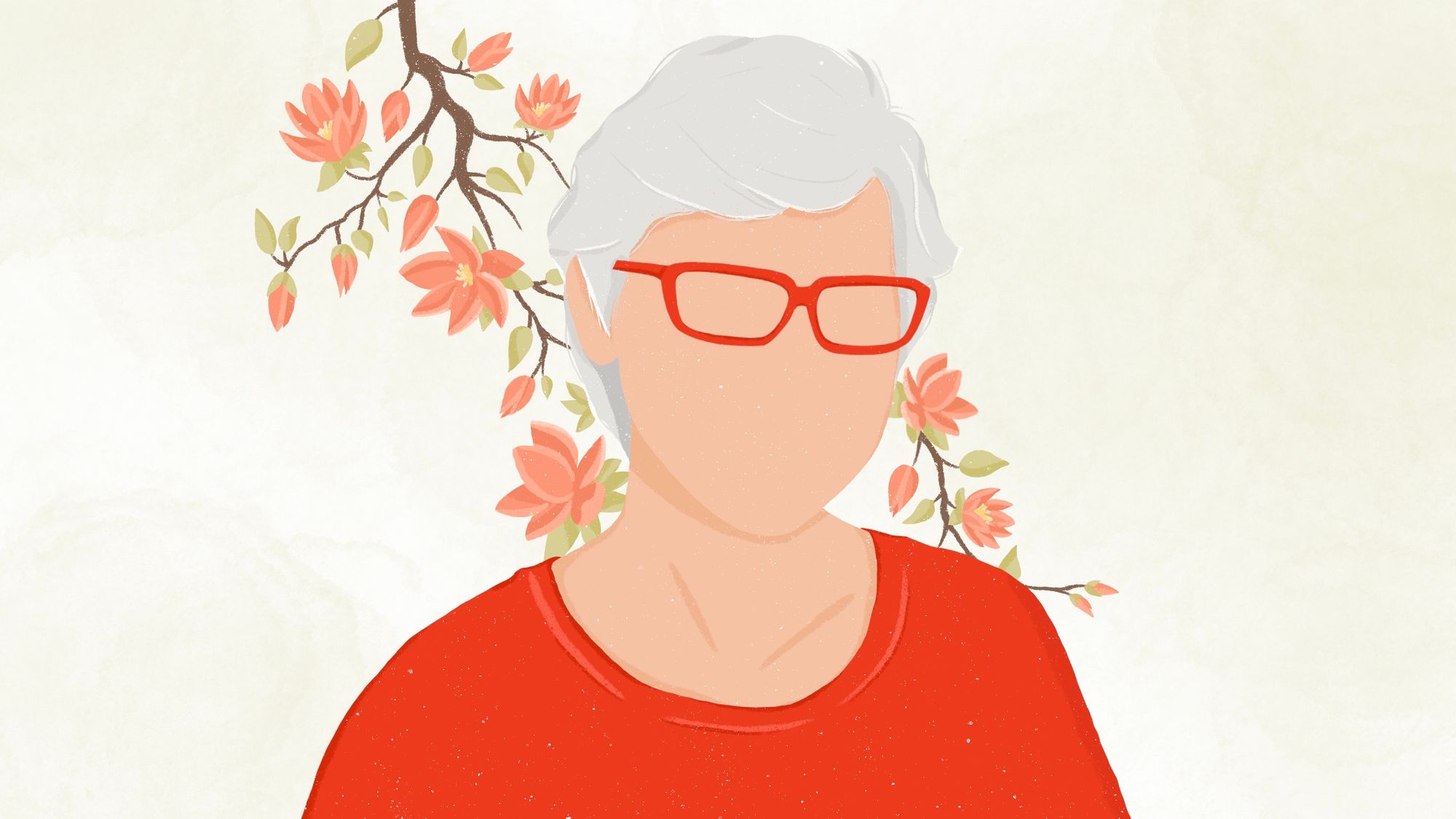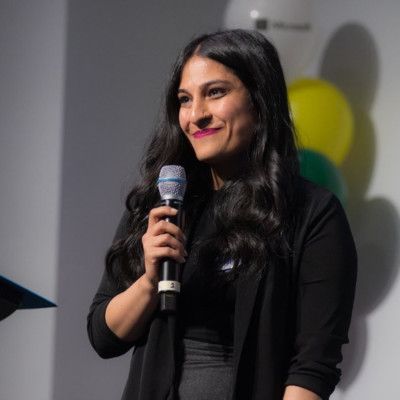Why Linda Hochstetler Brought Death Cafes to Toronto

Antia Chauhan
The end of life space is one that has been shrouded in mystery, mainly since we simply do not talk about it. That's why we at Eirene have started the "Intimate Conversations on Death" series. In this series, we spend time chatting with people in the end of life space, to learn about new perspectives and offer new ways of navigating and discussing death.
In this first instalment, we speak with Linda Hochstetler, MSW, RSW.
Linda Hochstetler is a social worker and specialist in end of life issues related to illness, death, dying, and loss. She helps individuals and families face their fears of death and help them talk openly about the many choices that one is faced with as illness and aging progresses. She combines clinical social work conversations with explanations of the healthcare system and referrals to appropriate healthcare options.
In addition to her private practice, she hosts Death Cafes and encourages everyone to talk more openly about their inevitable deaths. She is also a Buddhist Lay Chaplain and meditation teacher, and teaches classes through the Toronto Centre for Applied Buddhism. She worked as a residential hospice social worker for 2 years at Bethell Hospice.
Let's read on to learn more about her unique perspective on death, and how she incorporates the Buddhist teaching into her work with those who are grieving or working through end of life issues.

- What brought you to this space? How did you get started?
The short answer is a surprise layoff from work and a need to do something
different. I immediately knew I wanted to bring together my interests in death and dying, and the way that Buddhists approach death and dying. I got started in private practice with a 10 week training program from EI that helped me hone my niche.
I immediately knew that I wanted to call myself a specialist in illness, death, and dying, and address the practice side as well as the emotional side of death. I read dozens of books, volunteered until I was qualified to get hired working in palliative care, and completed a yearlong internship with the New York Zen Centre for Contemplative Care. - Why is taking a new approach to how we, as a society, manage death so important?
Lately, we have really been doing death wrong. Doctors have gotten so focused on keeping us alive as long as possible. We’ve gotten confused about length of time on earth and quality living.
Too many people are making choices about illness, death, and dying that later have tough consequences because they didn’t plan ahead or let themselves things about death soon enough. - Could you share with us why you chose to become a Buddhist meditation teacher?
After studying Buddhism for 20 years, my teacher pushed me out to begin sharing and teaching. I had 2 parallel streams of personal Buddhist studies and providing social work services (including studying secular mindfulness with Jon Kabat-Zinn) and finally I was ready to bring them together.
a. How does this influence and impact your work?
Buddhism really teaches brutal honesty with self and others. No pretending things are what we want but bare attention on what is. I practice doing that for myself, and then I hold that space for individuals. Whether they are in tough relationships, recovering from trauma, or facing death, I guide them in to the toughest places the human psyche can go and help them accept themselves.
b. We know that Buddhism has a unique approach to death, how can we learn from this?
Buddhism encourages us to think about death every day at all ages. Not in a morbid or sad way, but in a way to focus the priorities and make better choices about what really matters in life. Buddhism teaches impermanence as a basic truth, and we learn to see death and impermanence, as well as birth and new beginnings in every moment. - As someone who deals with people who experience grief and death daily, how do you think psychotherapy can be beneficial for those on their grief journeys?
Psychotherapy helps people understand their thoughts, feelings, and body sensations. Grief is so foreign and unique to most people, that they can’t make sense of it by themselves. It permeates everything around them and changes it forever. Good psychotherapy helps individuals integrate the grief into their lives so it changes them, but often for the better. - We also know that you have brought Death Cafes to Toronto, helping hundreds of people share their unique experiences with death. Do you think there is value to people speaking collectively about this area of life?
How do you think it can be helpful? Are there any potential downsides?
I believe everything is easier if it can be shared collectively. We will all die one day, and our death will impact others. Death is inherently collective. I like how the Death Café movement encourages regular conversations about death. I like how people of all ages interact with each other and learn how death is viewed differently the closer we think we get.
Death Cafes never have any agenda, so there are different viewpoints expressed. The only potential downside is that helping people talk about death and plan better means funeral homes may find their business ways are no longer appreciated, and that people will take back more of the services they used to outsource for exorbitant costs to funeral homes. - Since COVID-19 is changing the way that we are interacting with death and the end of life in general, what impact do you think the pandemic will have on shaping our relationship to end-of-life? Will it be positive? Negative?
Covid has already helped us to focus our priorities on what really matters to us. It has reminded us that we need to take better care of vulnerable people in long term care homes. We see that death is also different depending on race and class, and that any change in the way we interact with death must include everyone.
We see that if we do death badly and people die alone, there are consequences. We are already seeing “complicated grief” arising from family members that were unable to say goodbye to loved ones who died during the pandemic.
There will definitely be more need for grief counselling in the months and years ahead, because of the awful way that many covid patients had to die. I think the pandemic is helpful to reprioritize the lives of those not directly touched by covid deaths, but those that were directly touched, have suffered terribly. - What trends do you see coming in the future for Canada specifically?
As Baby Boomers die and make room for the Gen X’ers, they are expanding the roles of people working at end of life.
There are more new roles coming all the time, from Death Doula to Hospice Volunteer to Therapeutic Touch Practitioner to Life Celebrant Director. Residential Hospices are being built to accommodate more homey places to die with family and pets present.
People are insisting on choices that are included through the universal health coverage. As more and more people are choosing cremations over burials, they realize there is greater flexibility on what to do with ashes, and cemeteries are becoming way less a necessary ending. People prefer to take ashes to places of meaning to the life of the person, and memorial services can be mobile and occur essentially anywhere, usually less formal and less religious. - What’s one piece of advice you’d give to a person looking to plan for their end-of-life?
Die like you live, and don’t stop living till the very end. Whatever matters to you in life, take it all the way to your last breath. If you loved having people around, let them join you in your hospice room.
Complete your Advanced Care Plan, and tell your loved ones what your wishes are. Be creative, demanding (it’s your death after all!), and honest about your wishes. Don’t be afraid to look death in the eye and be ready for it when it’s your turn.
Thanks for tuning in! Check out our blog for more interesting reads around end of life and cremation.




